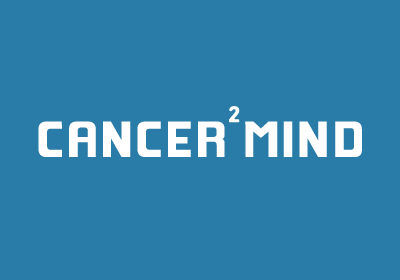Folic acid or otherwise known as folate and vitamin B9 is a popular supplement choice among health conscious individuals. A folate deficiency is linked to anemia, glossitis, depression, and fetal neural tube defects during pregnancy. A deficiency is categorized as anything less then 3 ug/L. However, most people supplement with folic acid regardless of their actual serum levels.
Symptoms Of Folate Deficiency.
- Swollen Tongue.
- Mouth Sores.
- Gray Hair.
- Fatigue.
- Poor Growth.
Folic Acid & Cancer Risk.
Folic acid cancer studies have been confusing to say the least. Some studies show supplementation decreases cancer risk while others show an increase in cancer cases. If you look closely, dosage and patient type are extremely important.
Dosage.
First, recommended levels have been consistent across the board. Both extremely low and high levels are associated with added cancer risk. So keeping your levels within recommended guidelines and avoiding large spikes due to high dose supplementation is ideal for cancer prevention. For more information about how vitamin dosages are extremely important, take a look at my MegaVitamin Therapy Blog Post.
Timing.
Secondly, studies have shown that benefits are mostly realized to individuals without active cancer. B9 taken before cancer development realize an anticancer effect, whereas individuals with active cancer do not. Whats worse, B9 might actually promote the growth of certain cancers when already established. So timing of folic acid supplementation becomes extremely important.
Folic Acid During Chemotherapy.
No industry guidelines have been set to warn cancer patients against taking folic acid supplements as of yet. A case report in 2011 might be the first indication that such a warning should be in place at least for certain types of chemotherapies. A 71 year old man with prostate cancer learned his folic acid and vitamin B12 supplementation was causing his chemotherapy (docetaxel) to fail. Only after stopping his folic acid supplementation, an immediate PSA response was noticed. Patient also cut out many foods that were high in folate to boost his results.
Lower Levels Better?
Many of today’s foods have folic acid added which might make it even harder for patients to lower blood levels. However, lower folate levels might not mean better results for everyone. Leucovorin, a folate analogue, was shown to increase the effectiveness of chemotherapy drug 5-FU. This means a blanket statement for all cancer patients is not the answer. Clearly Patients taking 5-FU can benefit from a folic acid analogue, whereas docetaxel patients might be causing an internal conflict.
This seems to only complicate matters making it extremely difficult for cancer patients to decide what’s best. But since Leucovorin is not your average over the counter supplement, the choice not to take a folic acid supplement during chemotherapy becomes clear. At least until more studies test how folic acid supplements can effect the potency of various chemotherapy drugs. Until then, the risk seems too great.
Bottom Line.
Vitamin B9 for CANCER PREVENTION might not be a bad idea as long as dosage is correct and you don’t have any active cancer. On the other hand, Vitamin B9 supplementation during CANCER TREATMENT is a whole other story. Not enough research has been done to clarify which patients can benefit and which are at increased risk for interference. We don’t even know if the conflict documented is a rare isolated case or a more wide spread issue. Either way, it should be something every cancer patient should be aware of and be given the opportunity to decide for themselves. Folic acid supplementation during cancer treatment can in fact cause chemotherapy to fail. You have to ask yourself, even if it’s a rarity, are you willing to take that chance?
Source:
1 Comment
-
Folic acid isn’t folate.
Folic acid prevents the body from absorbing folate.
Folic acid prevents the body from destroying cancer cells.
Its made in a lab and is not beneficial.
Folic acid is fortified in all grains and cereals. It’s not good.They did it to prevent neural tube defects so pregnant mothers are told to take it.
Since the fortification of foods and the push to take it during pregnancy. The autism epidemic has appeared and the cancer epidemic is out of control. Oncologists who understand what folic acid is are taking their patients off of it during chemo.Do the research, don’t just look at the hype. If this lab creation can change the progression of neural tube defects, think about what it can do to impact a fetus’ nervous system during gestation. Read about what FOLATE (it is not folic acid) deficiency does to our bodies.
People read positive articles about folic and they take it not knowing the damage they ate doing to themselves
Don’t believe me, do your own research.



